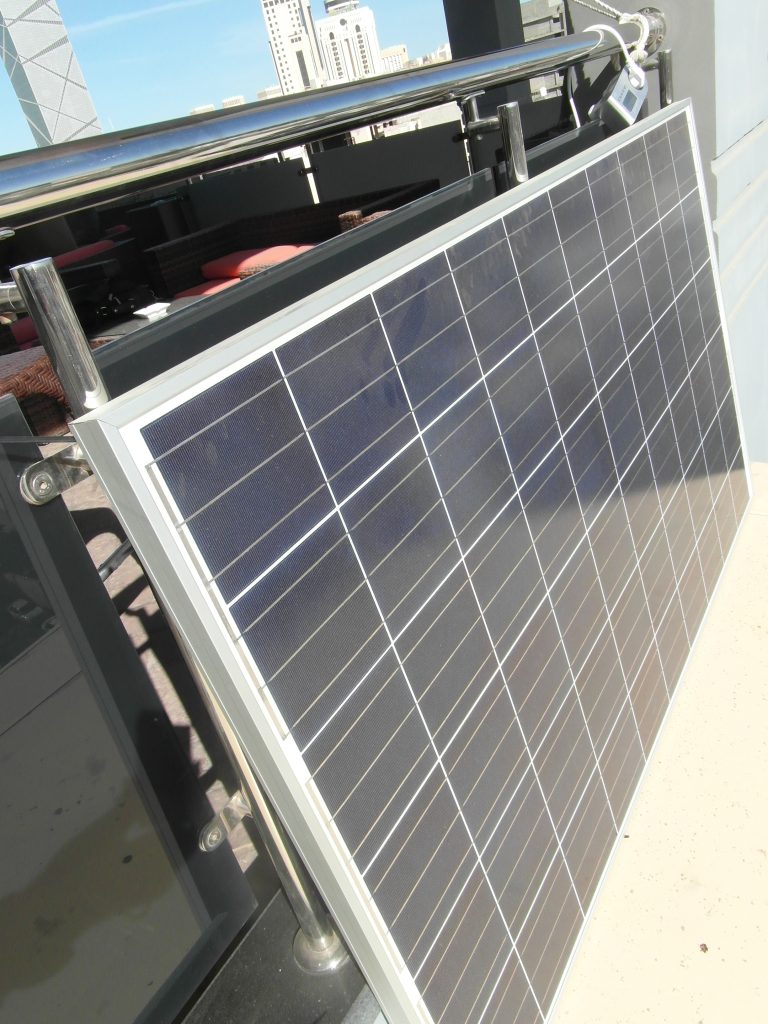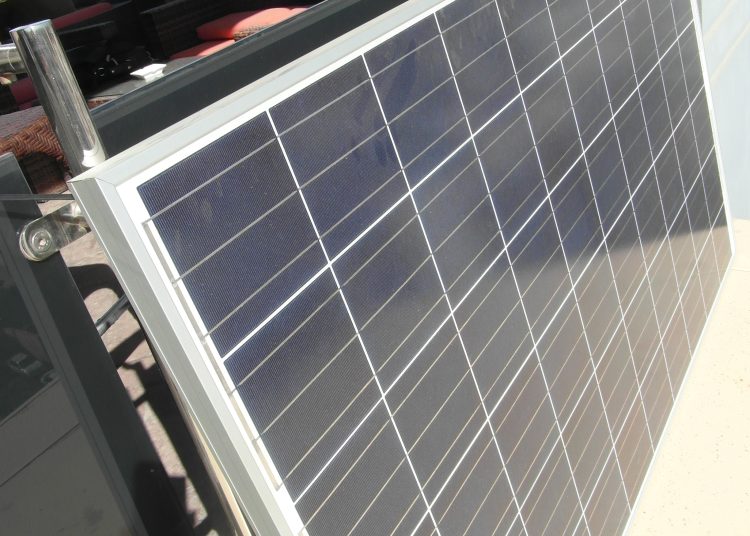By Sami Zaptia.

Tripoli, 3 February 2013:
A forum on renewable energy was held at the Plasma hotel, Tripoli, (19th January) organised by . . .[restrict]private sector company Alalamiyah Engineering Services.
The forum was a meeting of 40 of the top Libyan experts in the various renewable and energy fields. This included representatives from the Privatization and Investment Board (PIB), the General Electric Company of Libya (GECOL), environmental experts, the National Authority for Scientific Research (NASR), the Renewable Energy Authority of Libya (REAoL), as well as engineers and university researchers.
The meeting was to gather those interested in the field and to try to activate the renewable energy sector of the market on a practical scale. It was an attempt to try and spread and instill the culture within Libyan society of the idea of renewable energy.
There was also a call for the need to start this culture at an early stage via universities and even schools. Various solar-powered props used at German schools to enhance the message of renewable energy to students were put on display.

Dr Abdulmajid Taweel, the organizer and head of Alalamiyah Engineering Services hoped that all those gathered could form an ongoing network so as to hold regular forums on the subject.
It was hoped that Libya could learn from the German model of the private sector generating power and selling it to the local, regional or national grid.
The meeting was also called to show some practical examples of solar panels generating power. Taking advantage of a sunny January day, solar panels were installed on the roof top of the hotel to demonstrate the concept in practice.
“I want to install something that is generating electricity by either solar or wind so that Libyan citizens can see it working in action and so that they can better appreciate the whole renewable philosophy” Dr Tawil added.
It was agreed that Libya needed to support renewable energy by setting a price tariff that will encourage citizens to turn to renewable energies. We were informed that Germany had passed a law to protect investors in renewables by fixing prices for 20 years. It is this kind of strategic long term planning that was needed and that was called for during the meeting.
Dr Abdulkarim Mgegg of the Privatization and Investment Board informed the meeting that the law encouraging renewable will be announced soon and that once this was in place he felt that the renewable sector could take off.
Those gathered all appreciated that the huge subsidy offered by the Libyan state on electricity would make it impossible for renewable to succeed. There was a call for the state to divert a small fraction of the electricity subsidy to renewable.
There were also technical discussions about the ability to store renewable energy, the various types of batteries, the various type of solar panels etc.
Ultimately, all agreed that Libya had a historic and strategic opportunity to exploit its solar and wind advantages to create a new renewable energy sector that could become a regional player. [/restrict]








